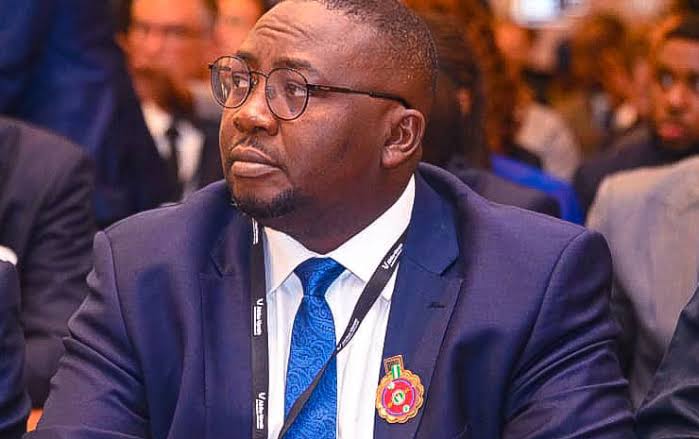In a bid to enhance stable power supply across Nigeria and other African nations, the federal government is calling upon investors to allocate more resources towards small hydropower projects, akin to the strides made in solar power technology.
This call to action was articulated by the Minister of Power, Adebayo Adelabu, during a capacity building training session on small hydropower development standards. The event, held in Abuja, welcomed participants from the Economic Community of West African States (ECOWAS) and East African Commission (EAC), aiming to bolster small hydropower development standards in the West and East African regions.
Adelabu underscored the significance of small hydropower in addressing the electricity demand-supply gap, particularly in Nigeria. Drawing inspiration from Abia State’s decentralized electricity generation model, he emphasized the potential for numerous small megawatt projects to contribute to the national power grid.
Highlighting the relevance of small hydropower in achieving climate change objectives, energy transition plans, and energy security, Adelabu stressed the need for increased investment in this sector. Despite the longevity of small hydropower technology, he noted a disparity in investment compared to solar power technology, urging stakeholders to bridge this gap through initiatives like the capacity building workshop.
Expressing appreciation to the United Nations Industrial Development Organization (UNIDO) for its support in advancing small hydropower projects, Adelabu highlighted the workshop’s role in formulating conducive policies and attracting investors, despite perceived political risks.
Dr. Osu Otu from UNIDO echoed concerns about electricity access challenges and emphasized the untapped potential of hydropower in improving affordability and accessibility to electricity across the region.
Fulbert Koujit, representing the ECOWAS Centre for Renewable Energy and Energy Efficiency (ECREEE), cautioned that without addressing low electricity access, Africa might fall short of meeting the 2030 Sustainable Development Goals (SDGs).

